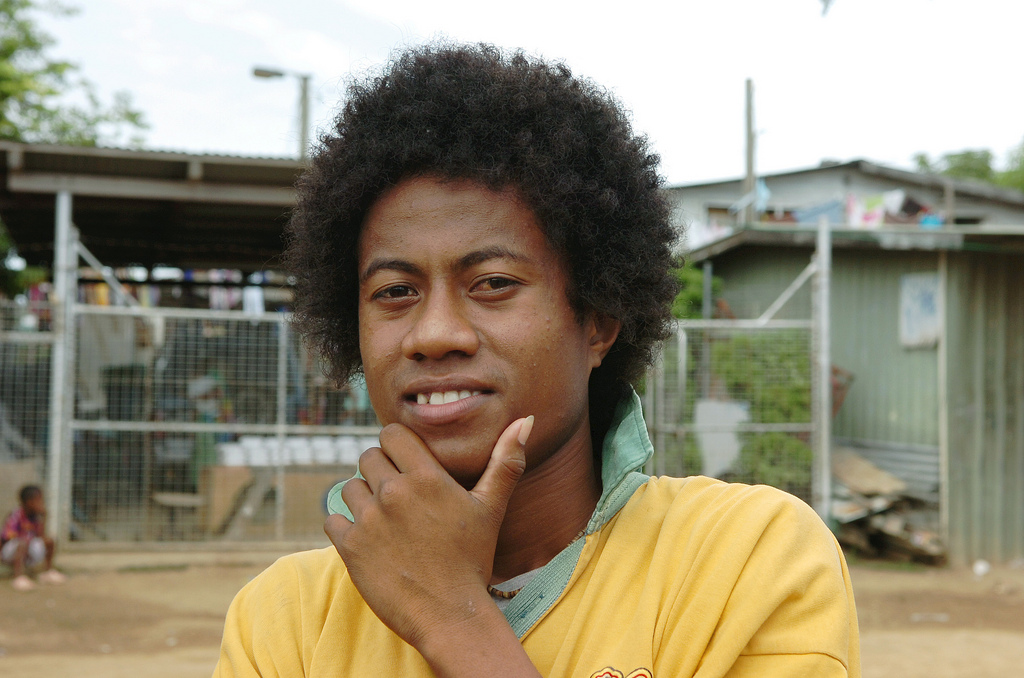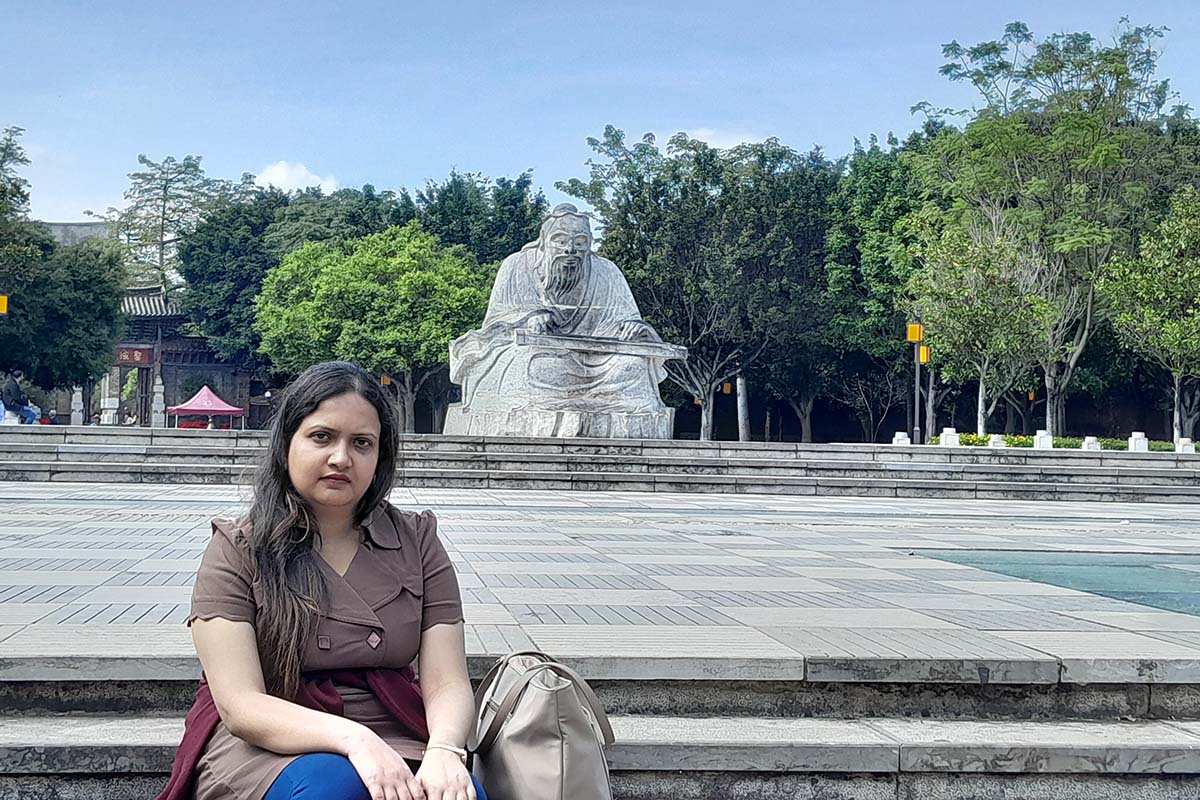“Is university the way out for everybody?”
November 24 Tertiary education is important, writes Solo Matthewsella, a Correspondent from Suva, Fiji, who says despite its importance perhaps too much emphasis is placed on this path to youth development in the Pacific Islands. Meanwhile too little attention is given to exploring other development and employment pathways for the vast majority of young people in his region who do not have a university education.
Tertiary education is important, writes Solo Matthewsella, a Correspondent from Suva, Fiji, who says despite its importance perhaps too much emphasis is placed on this path to youth development in the Pacific Islands. Meanwhile too little attention is given to exploring other development and employment pathways for the vast majority of young people in his region who do not have a university education.
In the Pacific Islands, more often than not, the old adage “survival of the fittest” is true. It is true in terms of who gets an opportunity and who does not; The brightest person gets the scholarship; The most talented gets the sports contract and the person with better connections is better positioned in the society.
The size and small populations of the Pacific Islands and their remoteness are themselves barriers for the majority of their people to access good employment opportunities. Smaller markets mean higher prices and a lot of monopoly. Education is sometimes a way out. Or is it?The importance of education cannot be overemphasized, as a result a lot of attention has been placed on this narrow path and on the select few who reap the rewards that only an education can give.However, I would like us to turn our attention to the wide path that many other young people take. In order to survive, some have had to set their potential aside. Rather than focusing on their talents and passions, finding a job that pays the bills is their priority.
Some young people prefer a trade to a university education, others cannot afford tertiary studies or cannot finish school because of unforeseen circumstances, then there are those who are faced with the task of finding work to meet their basic needs.The fact is, that not everyone will get degrees. Besides, there can only be so many white-collar jobs in our islands to employ these graduates. What will become of the rest, migration? Even this option has its challenges. Migration for employment is usually possible only after a job has been secured on the other side.
In this age of instagramming our achievements and publicly journalling trips to Paris to live our ‘best life’, or being our own boss from a beach in Nicaragua. What are the realistic employment and developmental paths for millennials from Small Island Developing States like ours ? – The ones who do not make it to or through university, who do not migrate, who most probably will be workings hours on end to keep the mill of our countries running,for just above or on minimum wage and the ones who are unemployed? What are we doing to address the needs of the youths in our time? Are our approaches relevant and are they able to nurture and guide youths in our region to become well-rounded adults who will be able to handle the volatile world that we now live in as a global community.
Currently, Pacific Island Countries spend around 3.8% to 18% of their GDP on education. 85% of Pacific children enroll into primary schools and 79% complete primary school. 0.3 % to 27.4% of these children drop out of primary school. Statistics further illustrate that only 31% of students enroll into high schools and 53% to 100% of this number complete high school.
What are the realities that drive these statistics?Are our biggest stakeholders – the youths themselves consulted about their attitudes to and experience of school? Dare I say that maybe for some– ‘school is boring’ in a “lacking of intrigue and relevance in a rapidly changing world” way.It just might make a difference if the young people are asked about their opinions and experiences of our education system – and if they are heard.
Perhaps too – a shift from focusing only on opportunities for those who have a tertiary education could be a game changer and be the beginnings of a more inclusive strategy for youth development and empowerment. Because some of us are athletes; some of us are receptionists, machine workers and farmers – and that is OK! Pacific countries may not have much resources relative to other regions but what are we doing with what we have to address these issues of youth development and employment?
……………………………………………………………………………………………………………..
Photo credit: Pacific People courtesy of Asset Bank, The Comonwealth
……………………………………………………………………………………………………………………………
About me:
I am a Communications Officer for an international development organization based in the Pacific (Pacific Community – SPC). I have a keen interest in international affairs and development and I am also a freelance blogger focusing on international development.
………………………………………………………………………………………………………………………………
Opinions expressed in this article are those of the author and do not necessarily represent the views of the Commonwealth Youth Programme. Articles are published in a spirit of dialogue, respect and understanding. If you disagree, why not submit a response?
To learn more about becoming a Commonwealth Correspondent please visit: http://www.yourcommonwealth.org/submit-articles/




